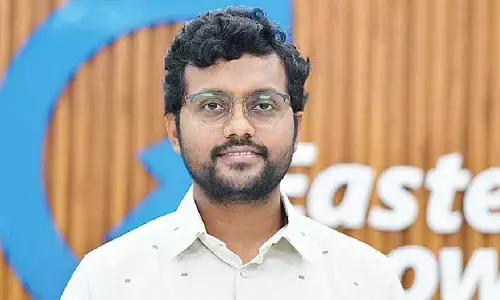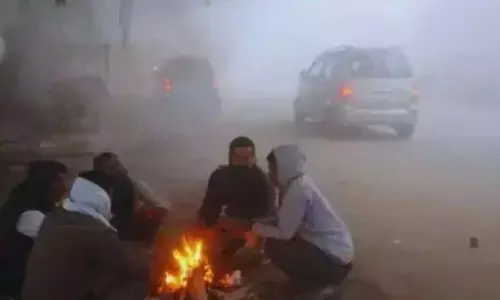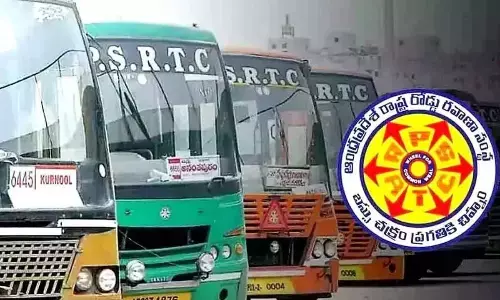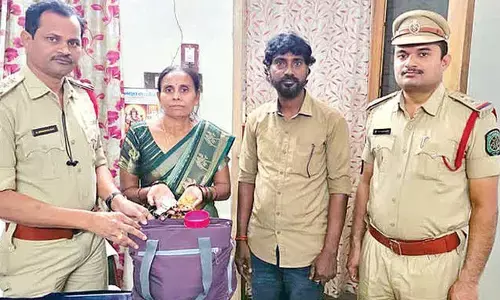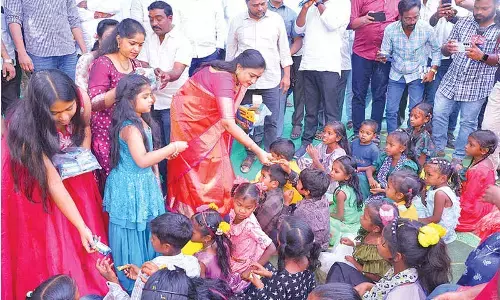Vulnerable tribals hanging in balance
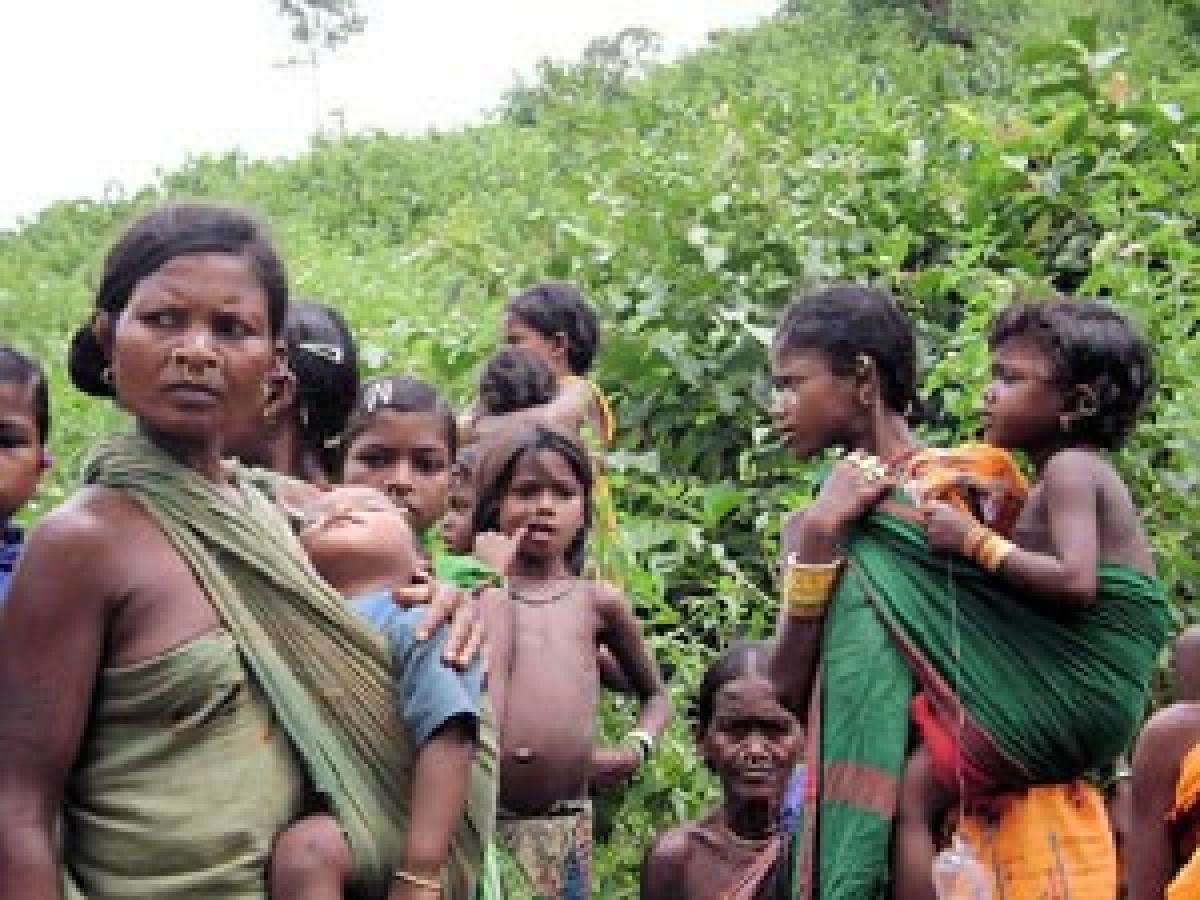
The government\'s \"inability\" to implement the Food Security Act among the \'Particularly Vulnerable Tribal Groups\' in India has resulted in a drop in their population, according to the National Commission for Scheduled Tribes (NCST) head Rameshwar Oraon.
New Delhi : The government's "inability" to implement the Food Security Act among the 'Particularly Vulnerable Tribal Groups' in India has resulted in a drop in their population, according to the National Commission for Scheduled Tribes (NCST) head Rameshwar Oraon.
The former Union Minister of State for Tribal Affairs, who took over as the Chairperson of NCST in 2013, has also questioned the existence of many such PVGT communities if the government does not consider the seriousness of the issue. "Food security is not at all available to the tribals. It is a major problem as far as the question of their existence is concerned.
The government is not understanding that the PVTGs are very vulnerable community and there is a big question on their existence if the food security programme continues to elude them," Oraon observes. On a recent official visit to Garhwa district of Jharkhand, he learnt that the community members of Korwas and Parhaiyas were buying rice at Rs.20-30 per kg, a steep price for the poor communities.
"I was shocked to hear that members of PVTG communities were buying their staple food rice at Rs 20-30 per kg. They are supposed to get all this at a very low rate under the Food Security Act. This is too costly for communities who neither have any permanent source of income nor any help from the government for economic empowerment," said Oraon, 69, who belongs to the Congress.
The Particularly Vulnerable Tribal Group (PVTG) (earlier known as Primitive tribal group) is a Government of India classification created with the purpose of enabling improvement in the condition of certain communities with particularly low development indices. Now, the NCST will conduct a comprehensive study of the PVTGs across the country to properly check their state of vulnerability and submit the results to the government.
"Looking at the deteriorating situation of the PVTGs, our commission will be making a comprehensive study of their problems and living conditions. We will submit the outcome to the government to comply with its recommendations. The studies available on such communities now are haphazard," said Oraon.
Concerned about the situation, the National Human Rights Commission recently organised a two-day national conference in the national capital to look at the state-wise assessment of the action taken on the National Food Security Act, 2013. Asked when the NCST would commence its study, the Congress leader said the process has already begun and it is at a preliminary stage.
Emphasising that over the years the tribal population in India has only witnessed "disappointment" at the hands of successive governments, he said: "Over the years only the categorisation of the tribal population has changed, but not their population and their conditions. They live in backward areas, forest areas and in inaccessible areas. Education has been a dream."
Oraon said in many ashram schools for ethnic tribals, a mid-day meal was only a dream and many times the teachers would be making the arrangements for the students' meal with their own money. "The arrangements are not satisfactory. I recently visited some schools and I was told that they are not getting foodgrains.
The teachers were managing the foodgrains and were feeding the students. Many students have fled because they are not getting facilities," said Oraon. He said that tribals have received "only promises" by the government in term of implementing the Food Security Act and that the PVTGs were the worst affected.








